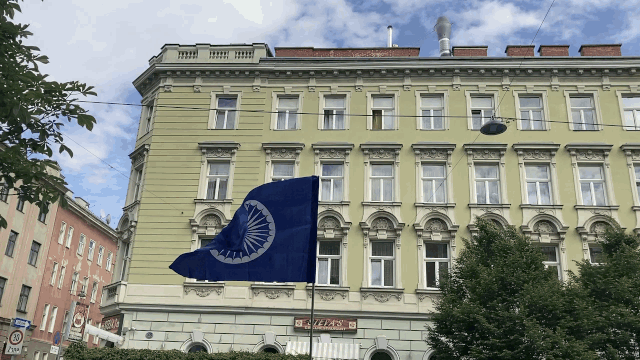Commemorating a Revolution yet to come,
an artistic research project led by
ujjwal kanishka utkarsh
and with
frida robles, kunika kharat, thomas crowley
a project supported by
Austrian Science Fund (FWF)'s Artistic Research (PEEK) fund
and hosted at
Academy of Fine Arts, Vienna
The project proposes to explore and reflect upon both the persistance of, and resistance to, the caste system in India through artistic practice. In doing so it attempts to find a cinematic form which resonates with visions of a casteless society. An integral part of the Hindu social structure, the caste system codifies supposedly eternal hierarchies within the social structure. One is supposed to be born into ones caste, with no possibility of a change. In this social setup, people doing whats considered to be menial or dirty jobs like cleaning the gutters, removing animal carcasses and so on, are considered unholy and deemed as untouchable. This group, now usually referred to by the politically-charged term Dalit (literally, the downtrodden), has been oppressed, segregated and discriminated against.
Over the years, the caste system has transformed itself, colluding with forces of modernity, and caste based discrimination continues to define day-to-day lives in the contemporary. Despite the strides made by the Anti-Caste movement over the decades, the ideal of a casteless society remains elusive. A small town in Maharashtra (Western India), Mahad holds a very special iconic place in the imaginary of the Dalit Anti-Caste movement in India. This is the town where the towering Dalit leader who has in many ways defined the contemporary Dalit movement, Dr. Ambedkar, took out his first protest rally in 1927.
This project will center on creating a cinematic work revisiting and being with Mahad's revolutionary radical moment and the Anti-Caste movement. The intention of the work would be to go beyond the binarity of celebration or rejection, and rather to be with Mahad with it in all its complexity, its flaws, its achievements, its critiques. To be able to further do this, the work will attempt to challenge the boundaries of what is possible with cinema. It is with the belief that cinema is not just an audio-visual medium but rather a spiritual medium. The attempt is to visibilise the inivisible, to sound the inaudible. This will be done with the proposed piece through a multi screen, experiential, sensorial work which would actively/consciously not reduce the Mahad struggle and its aftermath to an understandable, explainable linear narrative.
The question for us is: by approaching it like this, would it be possible to find a cinematic form which truly commemorates this revolution, a revolution yet to come? Will such a commemoration bring us closer to the ideal of a casteless society?

Contact/संपर्क
Contact/ संपर्क
© 2025. All rights reserved.
This website is part of the artistic research project Commemorating a Revolution Yet to Come (funded by FWF PEEK and hosted at the Academy of Fine Arts, Vienna),